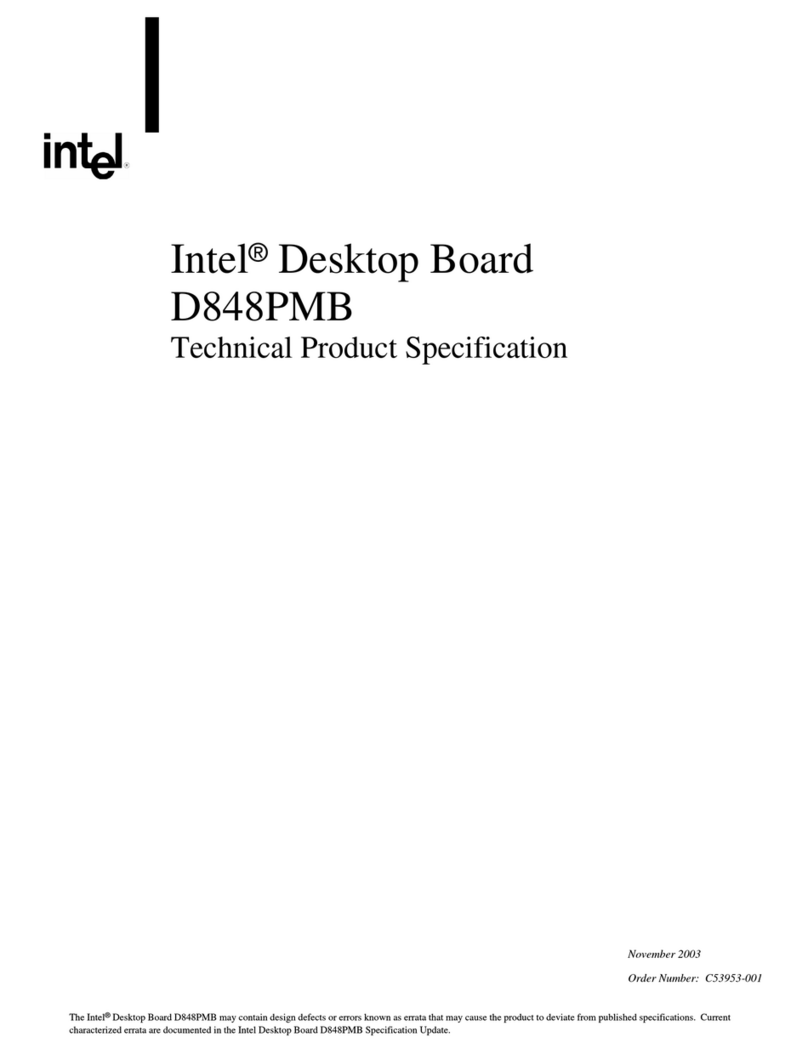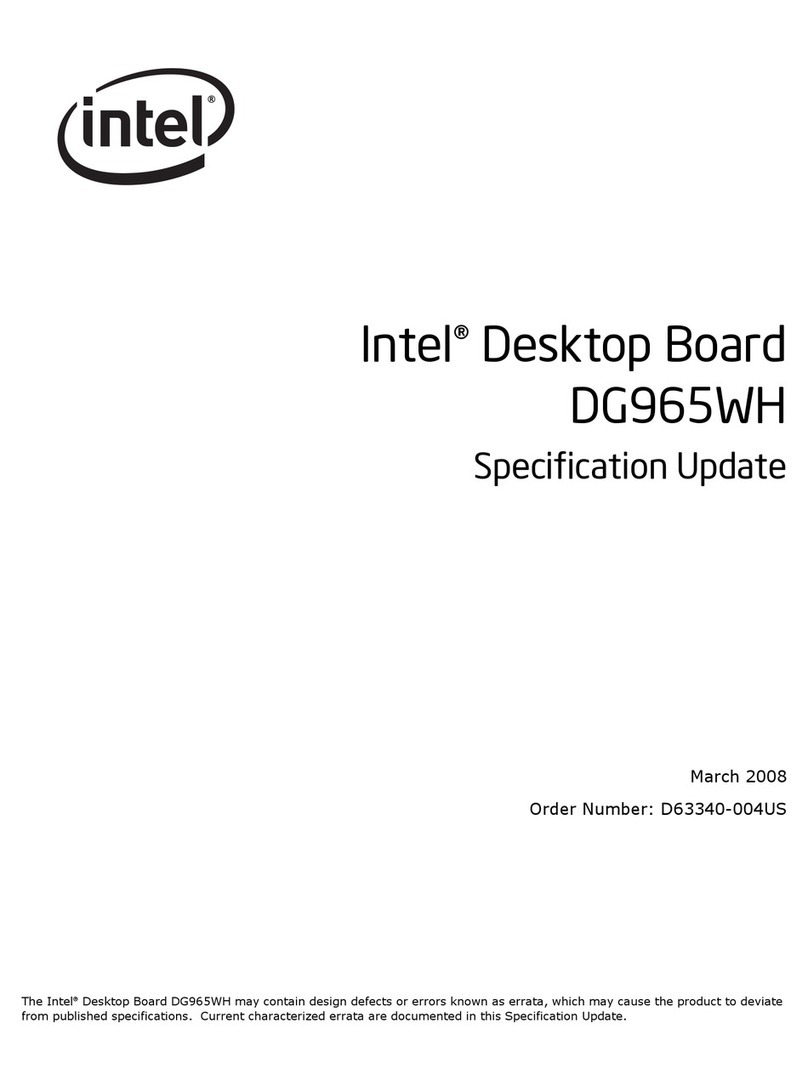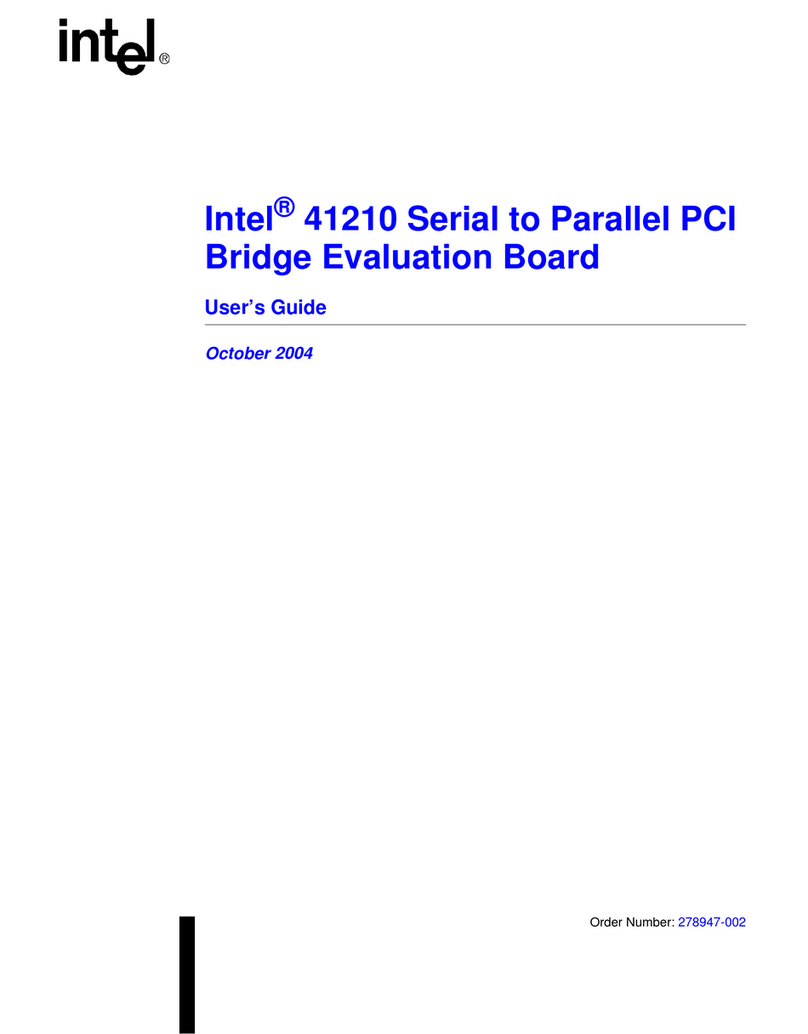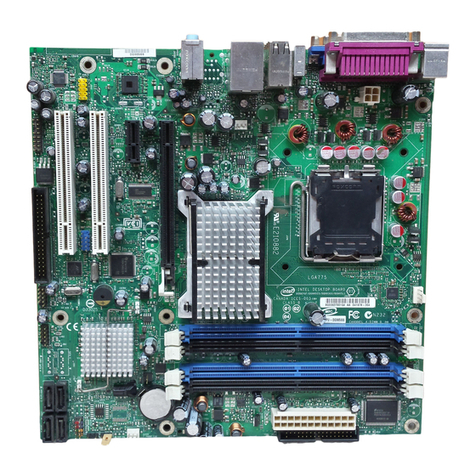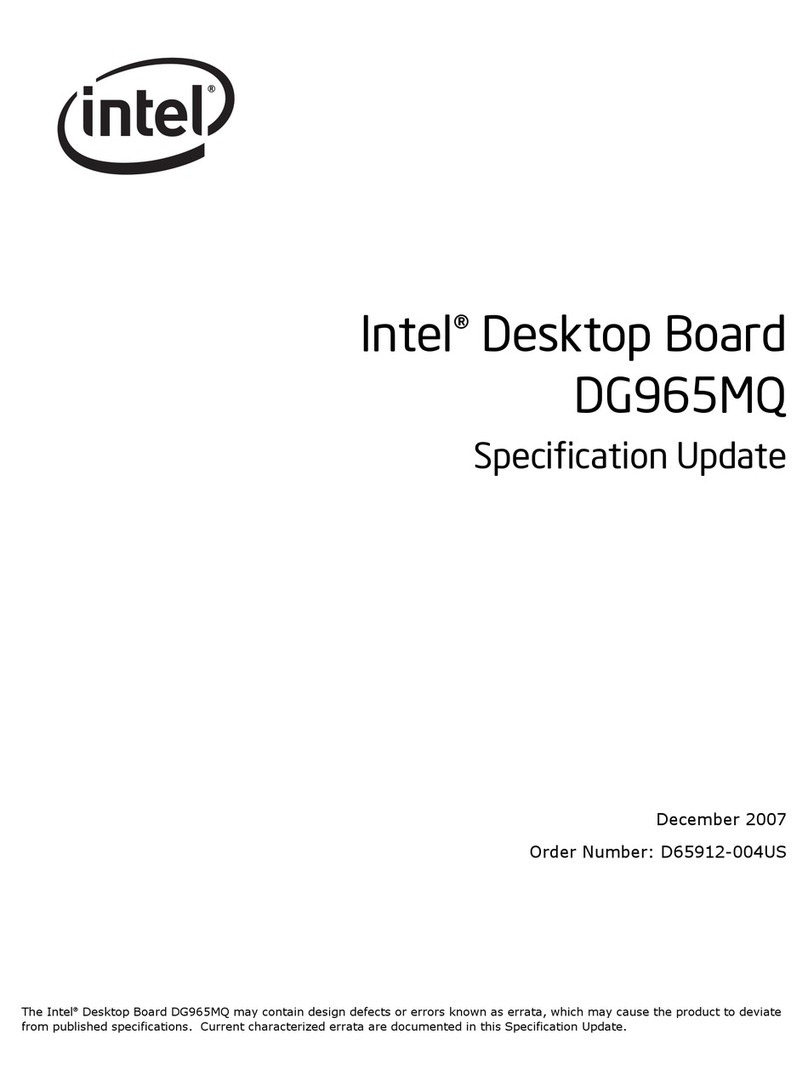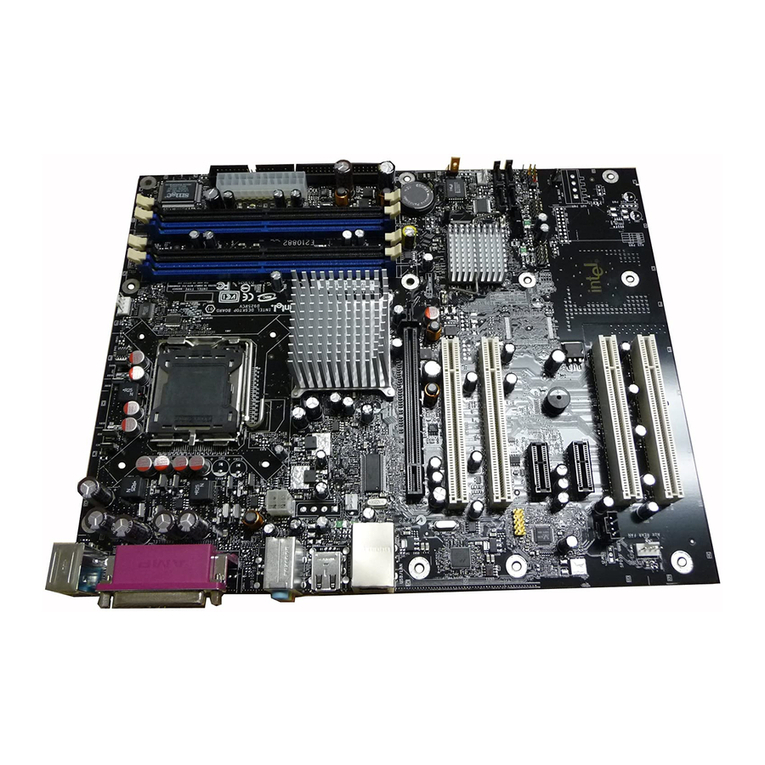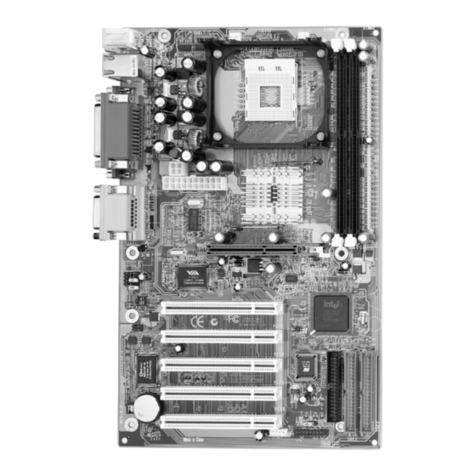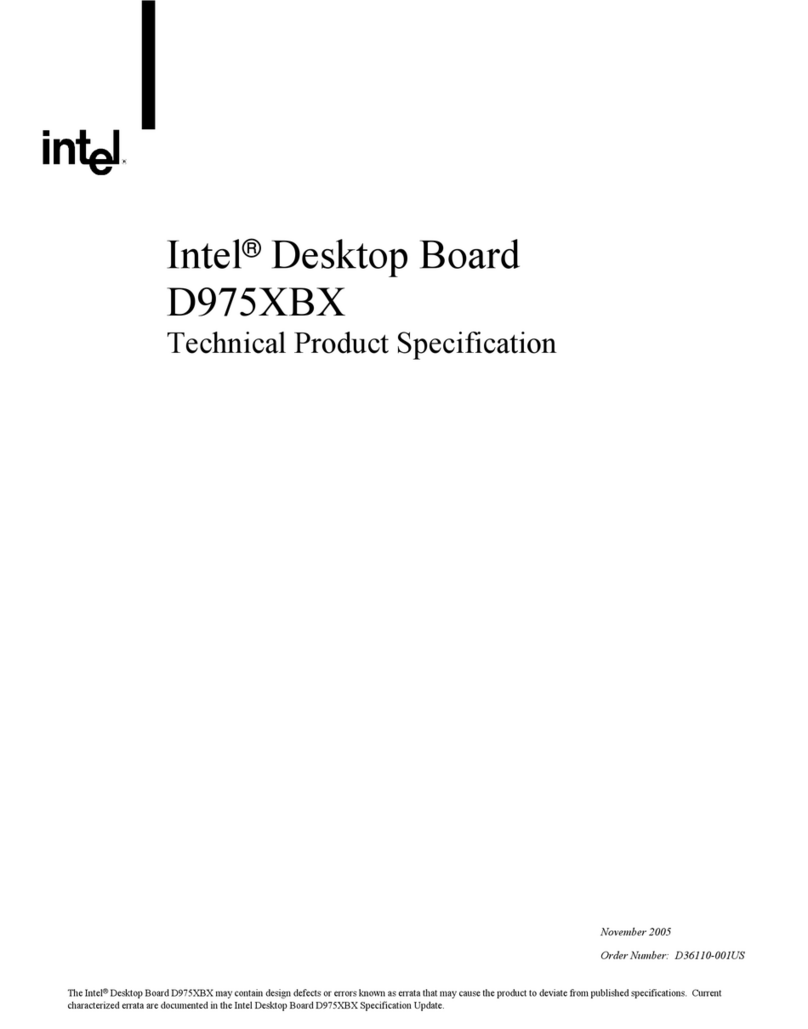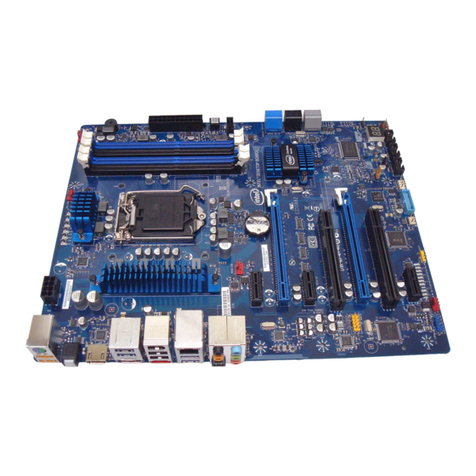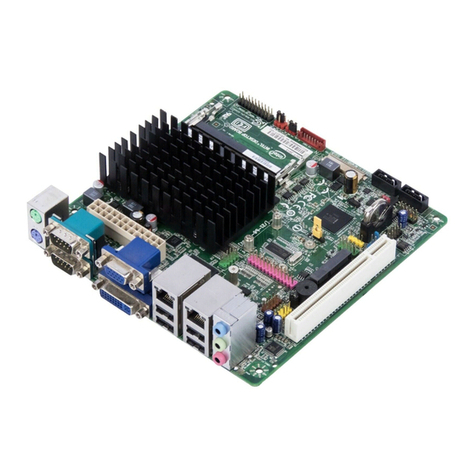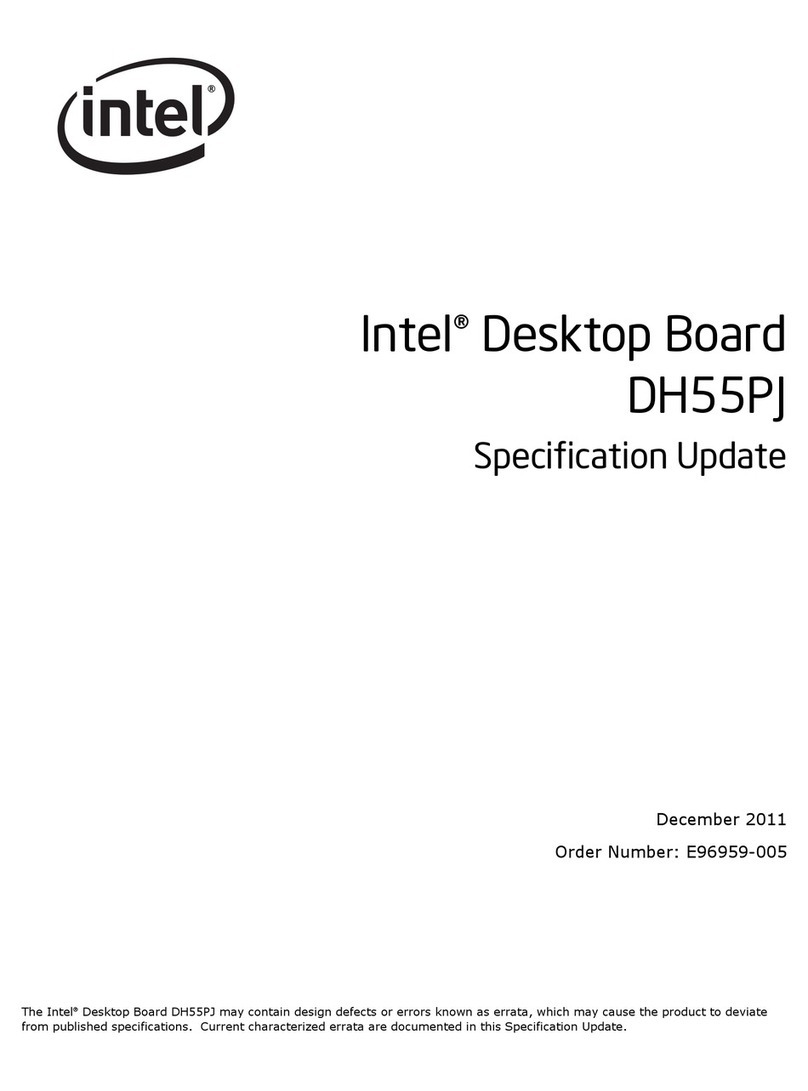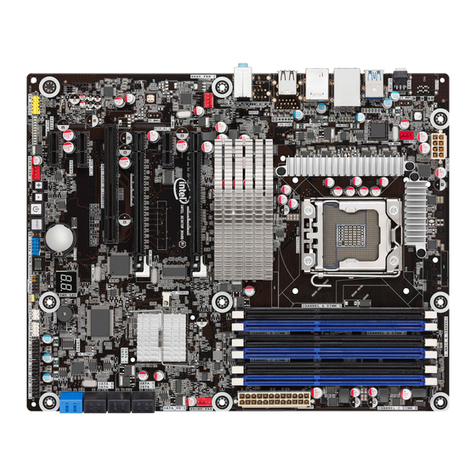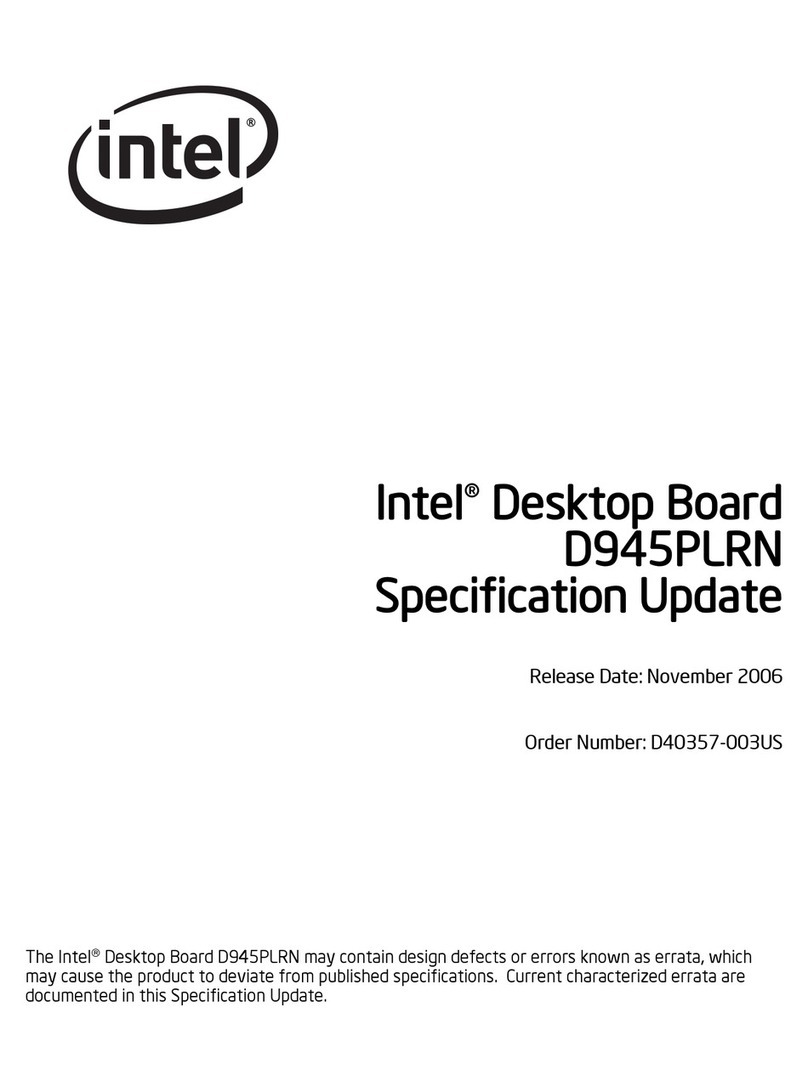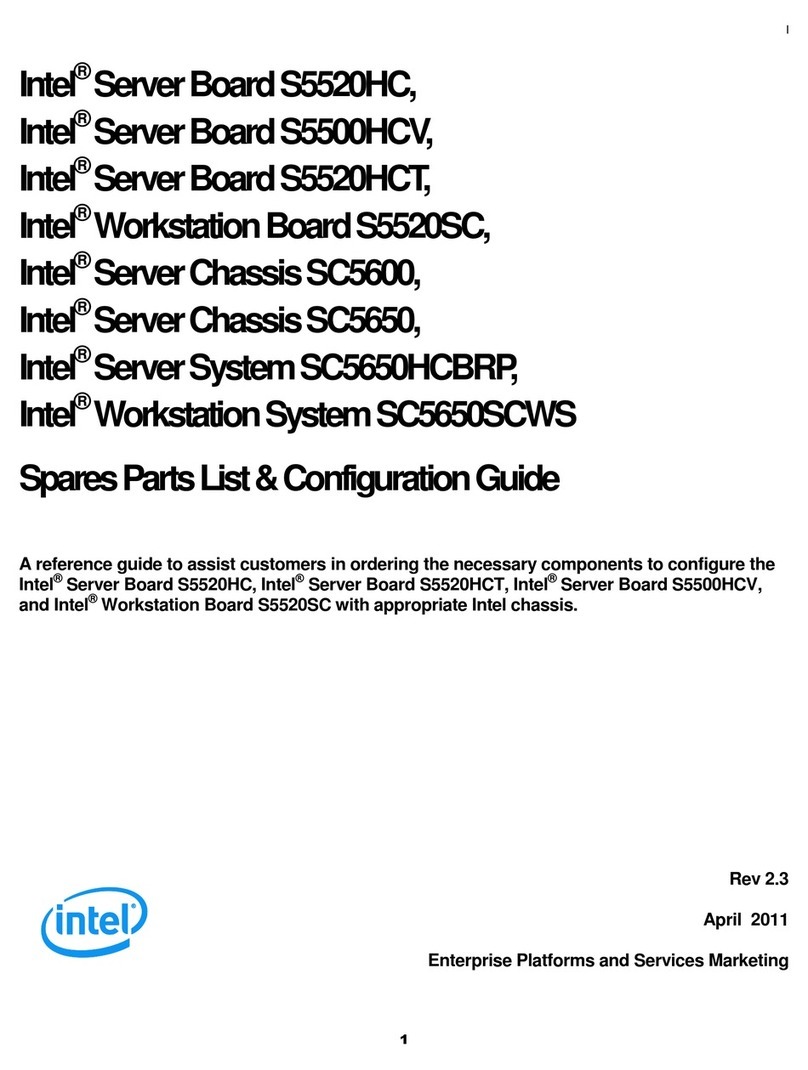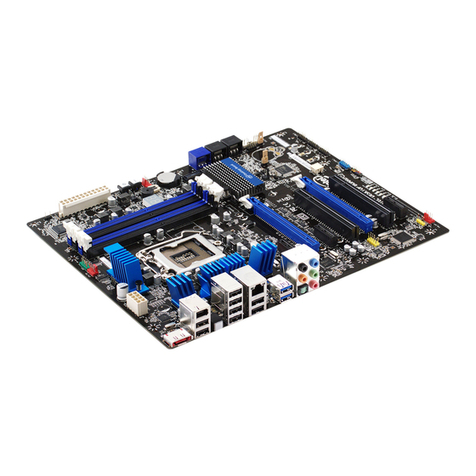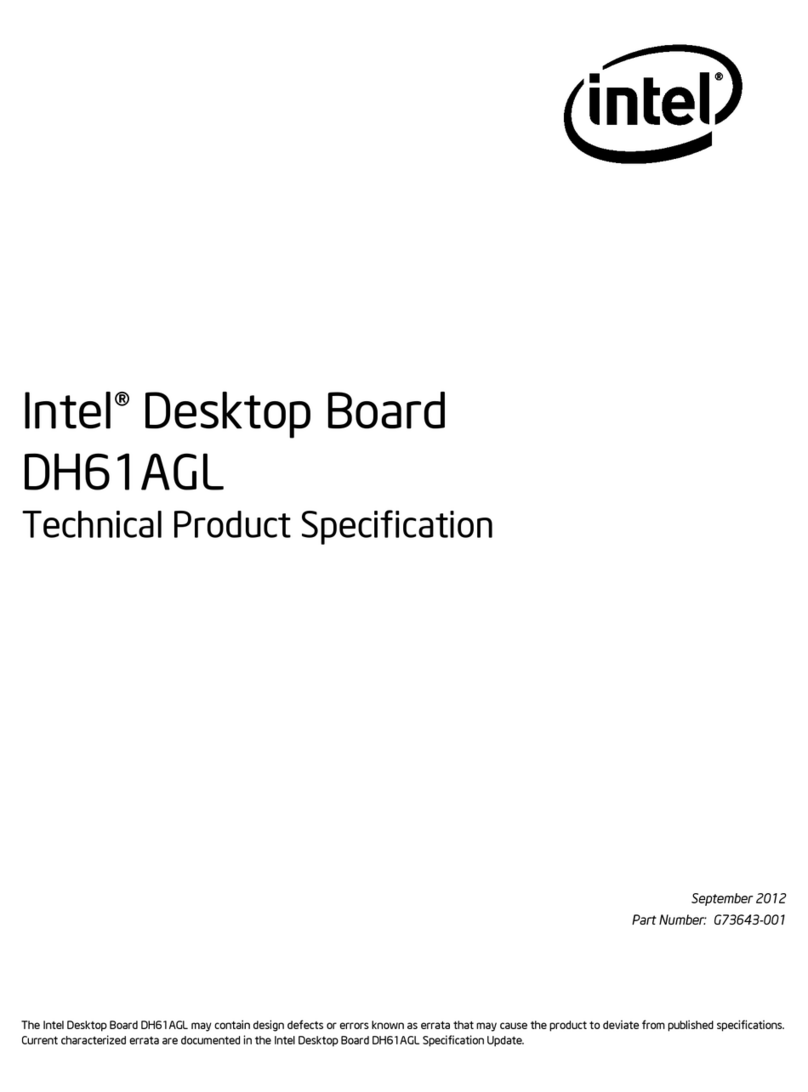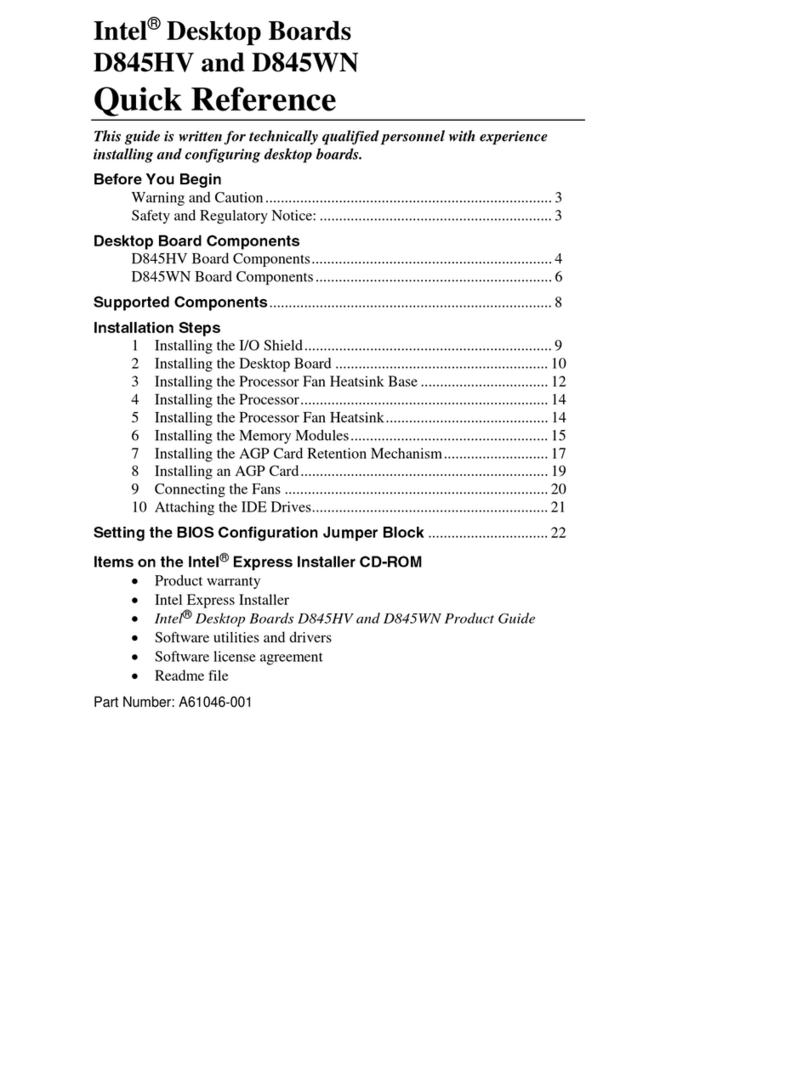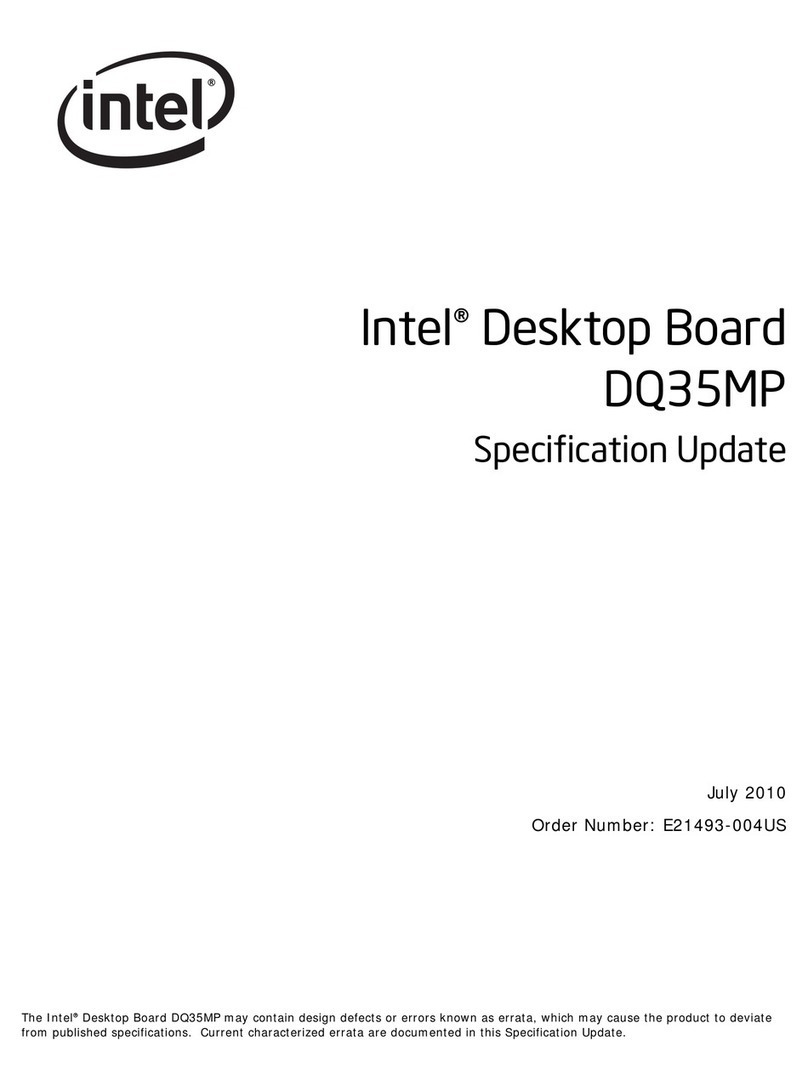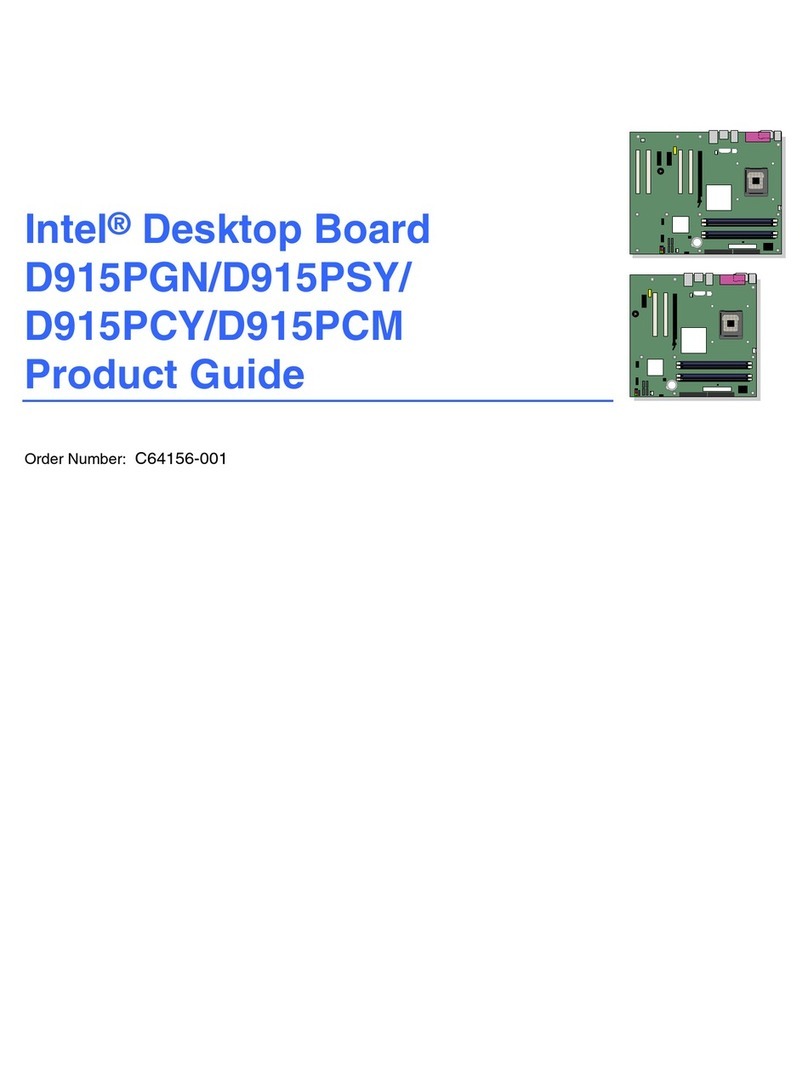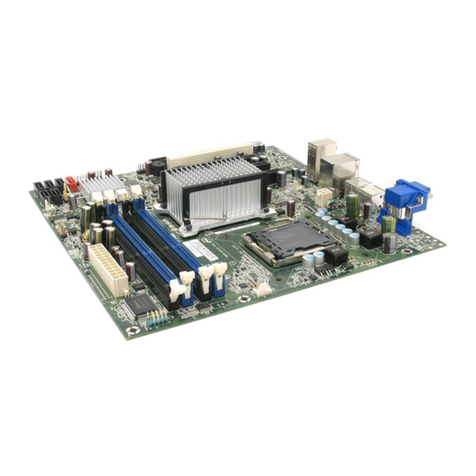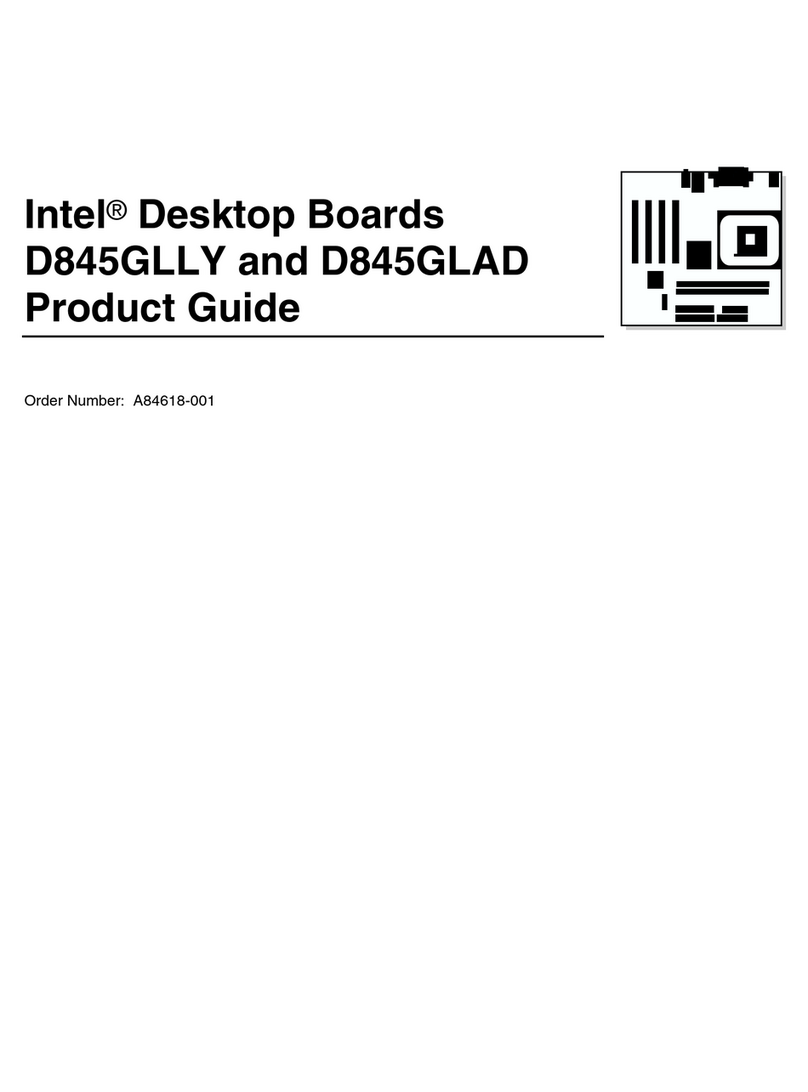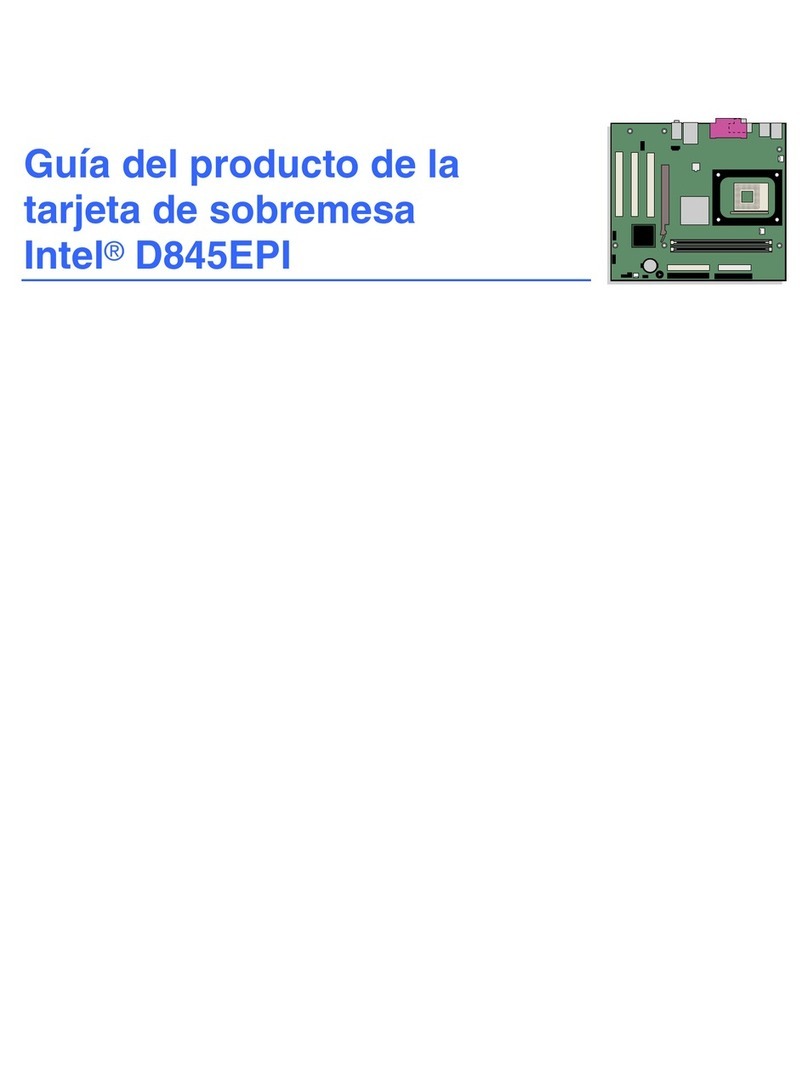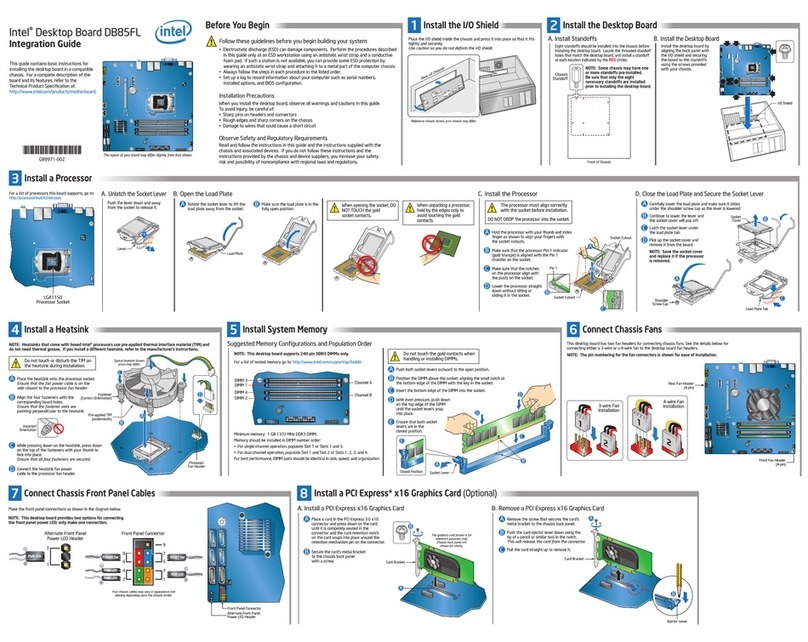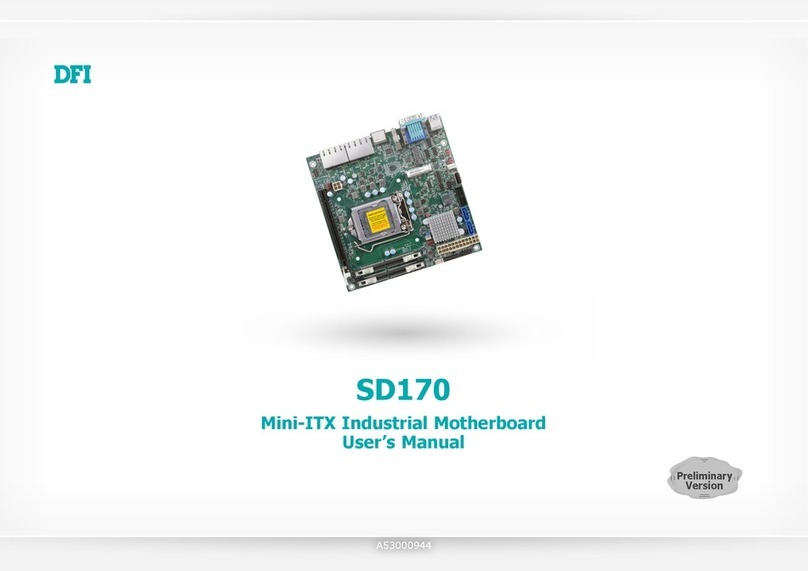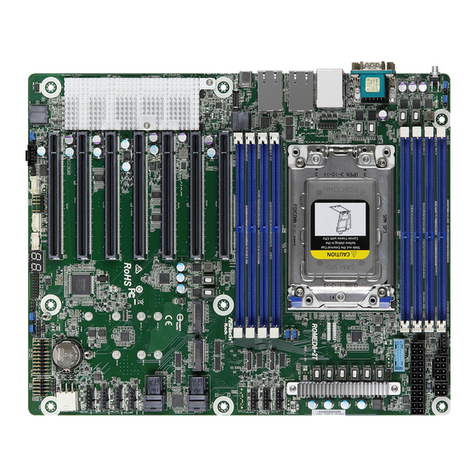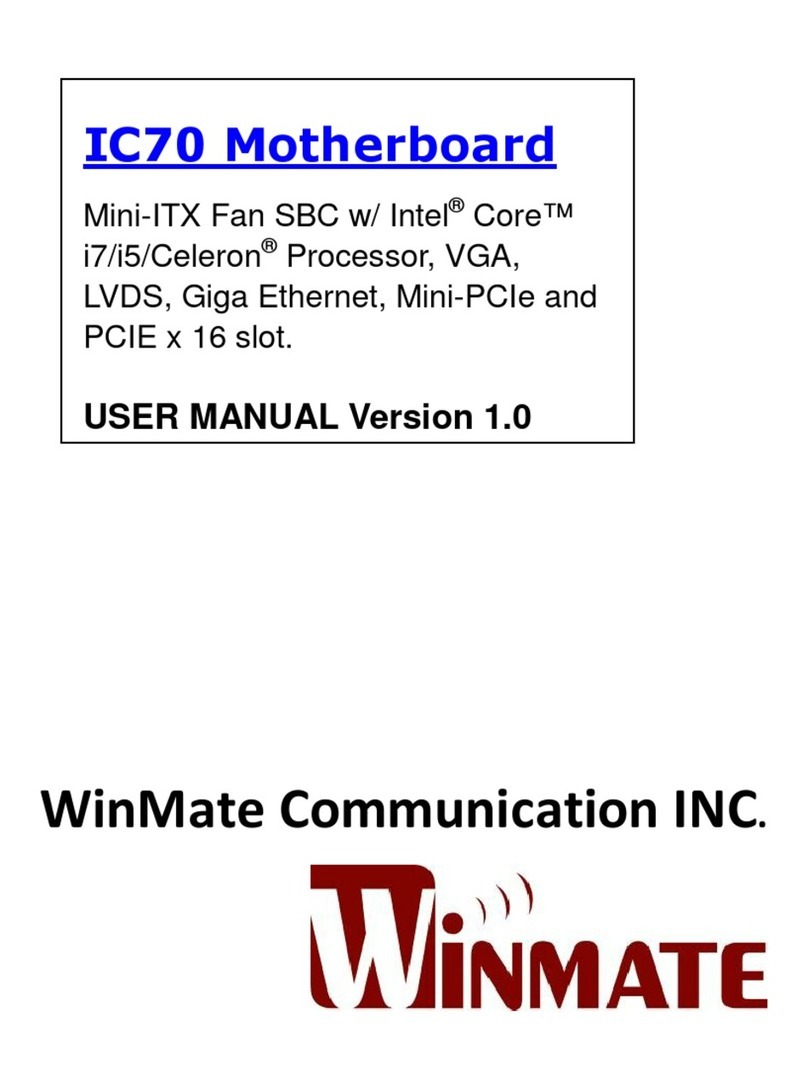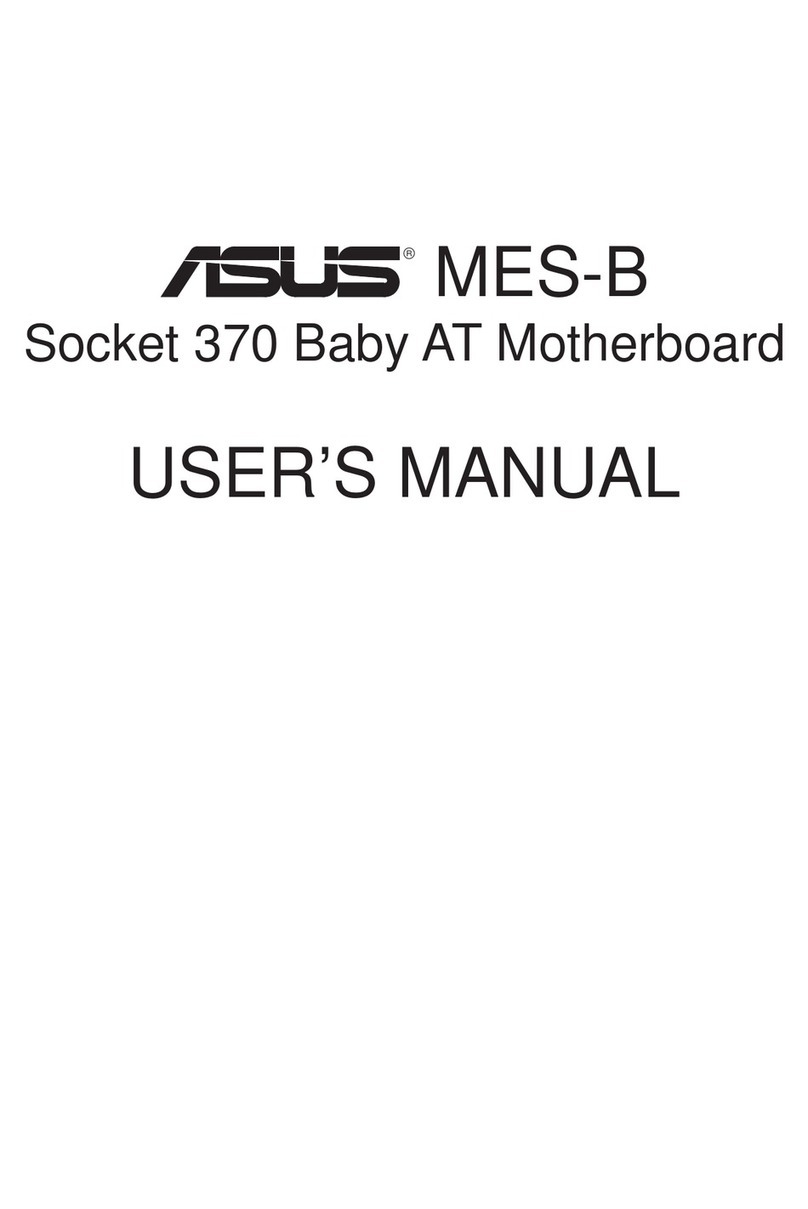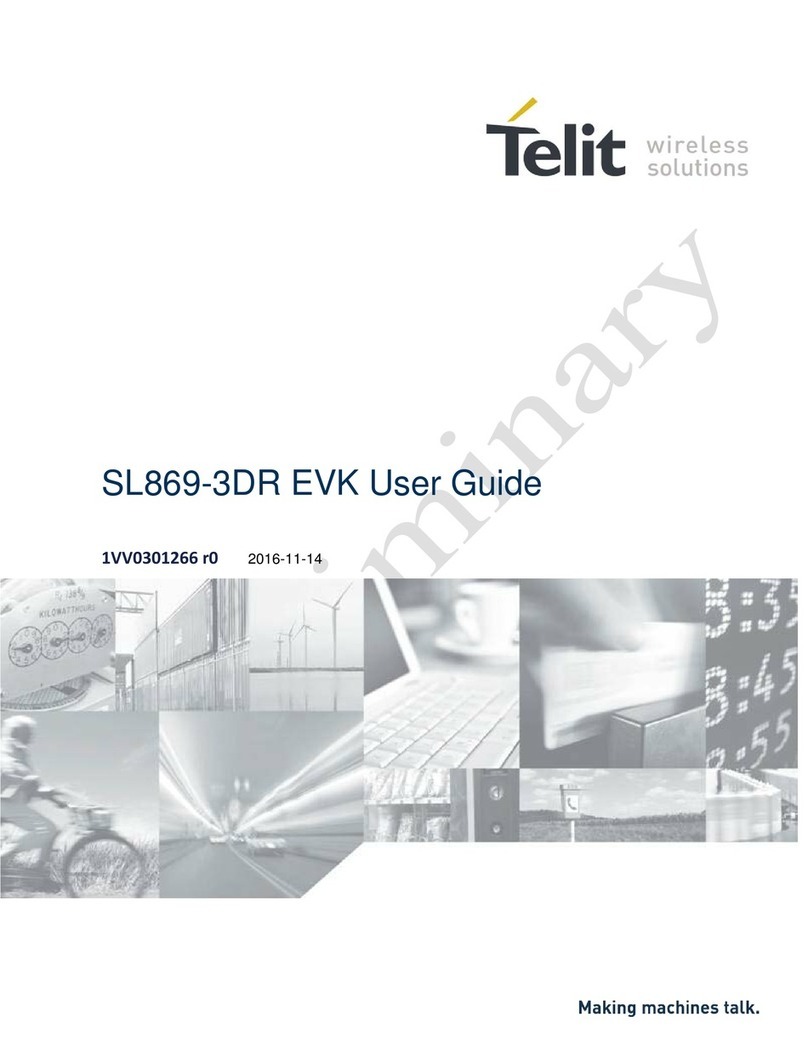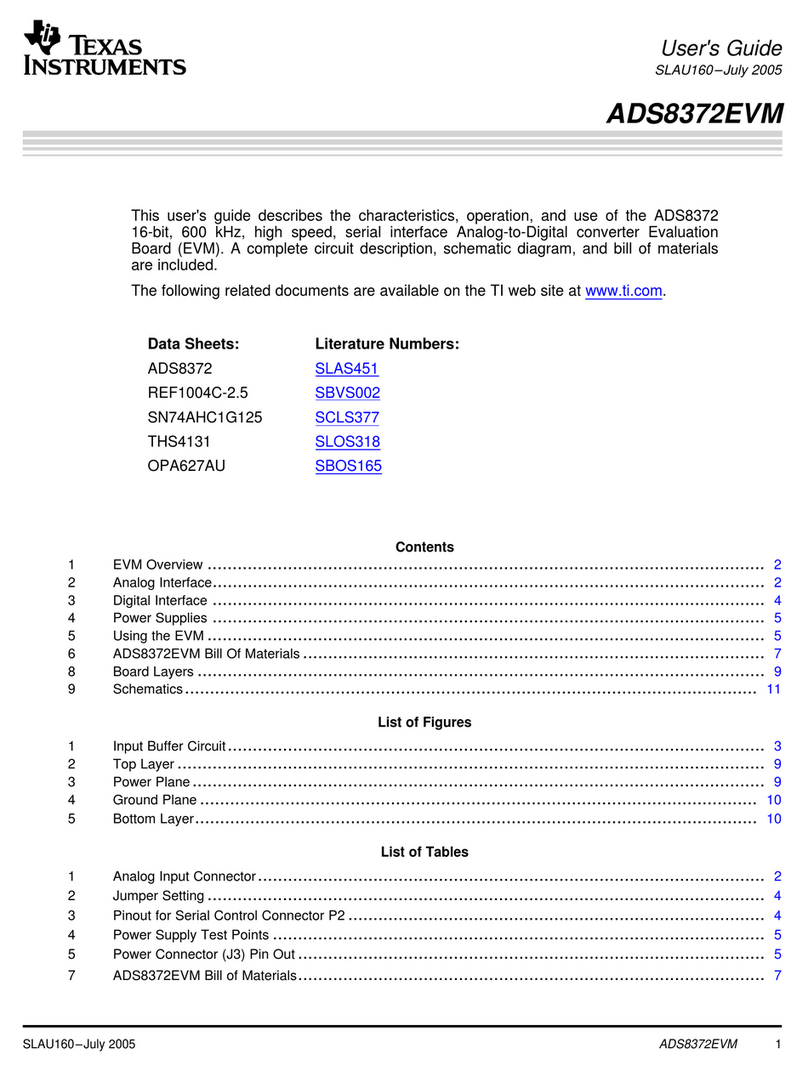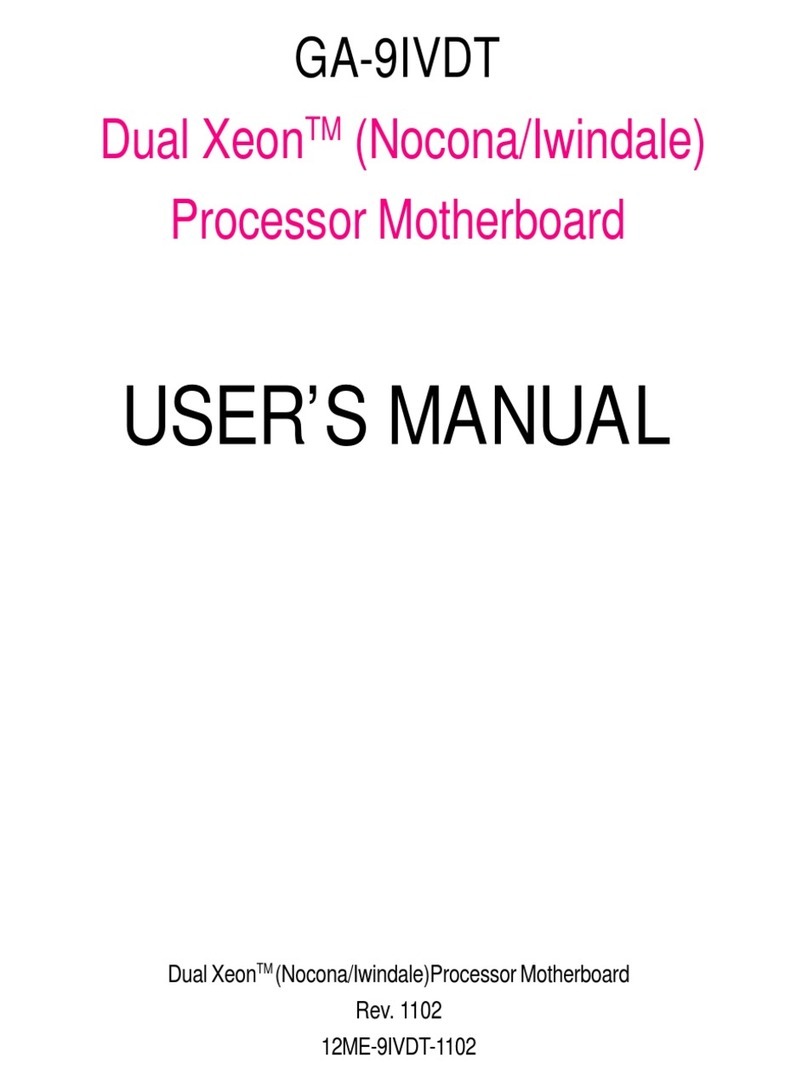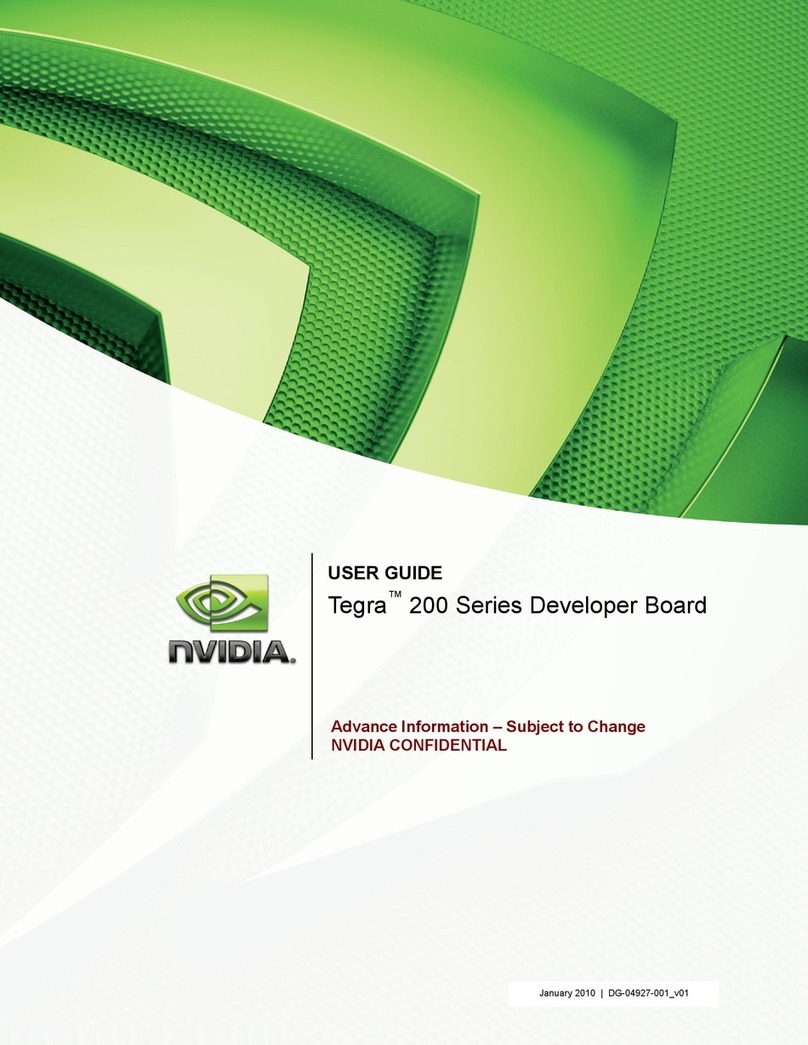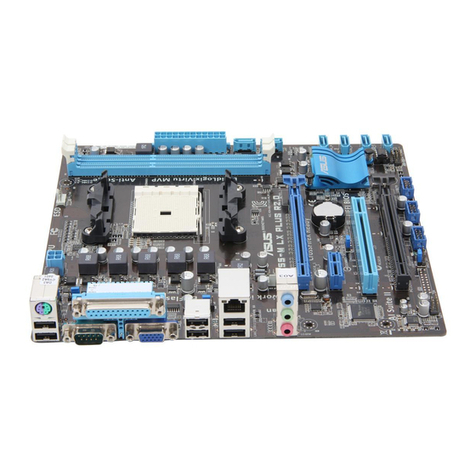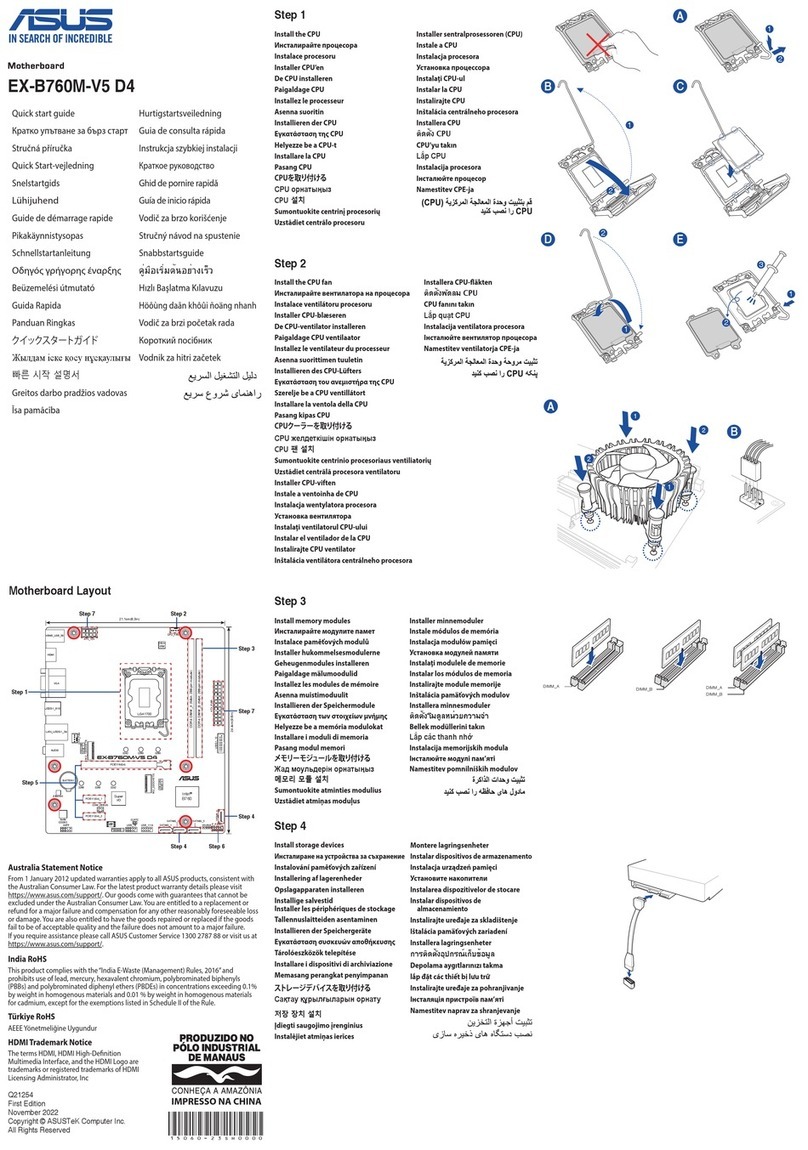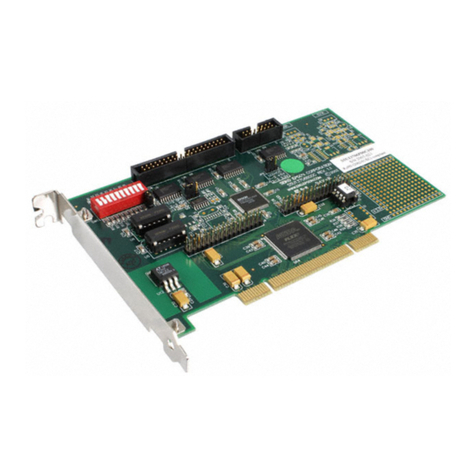
Technology Enhancements of Intel® Fast Memory Access (Intel® FMA)
6 White Paper
2Technology Enhancements of
Intel®Fast Memory Access
(Intel®FMA)
This chapter details Intel®X38 Express Chipset technology enhancements of its
memory controller known as Intel®Fast Memory Access (Intel®FMA). The memory
controller is located on the chipset’s 82X38 Memory Controller Hub (MCH) component.
With the growing reliance on faster and less latent memory technologies for today’s
high performance platforms, it has become necessary to not only increase system
memory transfer rate speeds, but to also streamline usage of the memory controller
protocol in novel and intelligent ways to decrease latency and optimize memory
bandwidth. To do this, several Intel technologies, known collectively as Intel®FMA,
have been included in this generation of Intel’s chipsets.
The following sections outline and explain the technology enhancements: Just In Time
Scheduling, Command Overlap, Out of Order Scheduling, and Opportunistic Writes.
2.1 Just in Time Command Scheduling
The Intel X38 Express Chipset has an advanced command scheduler where all pending
requests are examined simultaneously to determine the most efficient request to be
issued next. The most efficient request is picked from all pending requests and issued
to system memory Just In Time to make optimal use of Command Overlapping. Thus,
instead of having all memory access requests go individually through an arbitration
mechanism forcing requests to be executed one at a time, they can be started without
interfering with the current request allowing for concurrent issuing of requests. This
allows for the optimization of bandwidth and reducing of latency while retaining
system memory protocol.
2.2 Command Overlap
Command Overlap allows for the insertion of the DRAM commands between the
Activate, Precharge, and Read/Write commands normally used, as long as the inserted
commands do not affect the currently executing command. This allows for situations
where multiple commands can be issued in an overlapping manner, increasing the
efficiency of system memory protocol.
